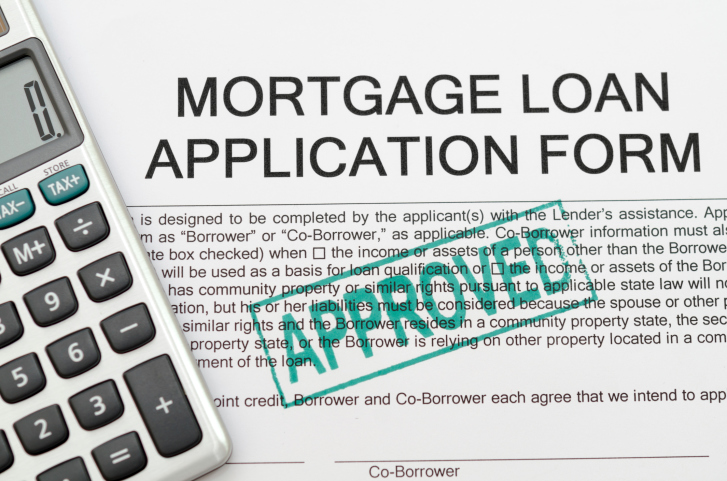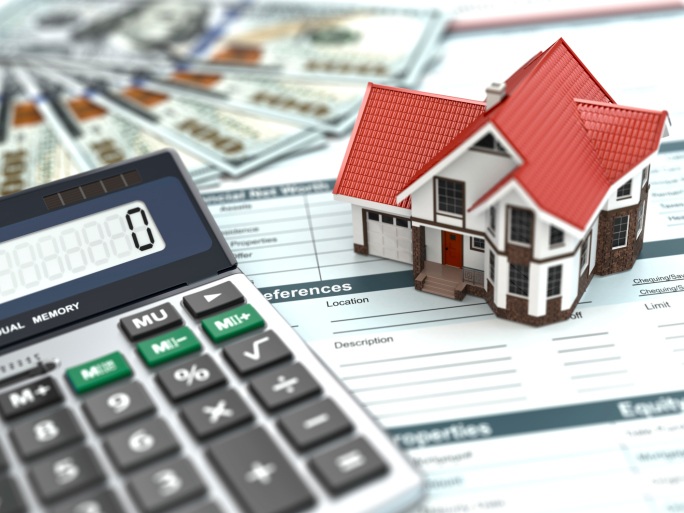Budgeting: How to Manage Large Mortgage Payments when Buying a Costly, High-value Home
 Some people try to apply for as small of a mortgage payment as they can reasonably afford to, and there is some prudence associated with this line of thinking. After all, recent economic events have shown that those who get over-extended may wind up in a dire financial situation. However, there are also benefits associated with a higher mortgage and buying a slightly larger home if you can comfortably afford to do so.
Some people try to apply for as small of a mortgage payment as they can reasonably afford to, and there is some prudence associated with this line of thinking. After all, recent economic events have shown that those who get over-extended may wind up in a dire financial situation. However, there are also benefits associated with a higher mortgage and buying a slightly larger home if you can comfortably afford to do so.
For example, the rate of growth on equity will typically be more significant, and there are tax deductions and tax advantages that may be greater. If you are preparing to take on a larger mortgage payment that is reasonably manageable for you, you may do so with greater confidence when you follow a few tips.
Reduce Your Debts Beforehand
The best way to ensure that your larger mortgage payment is still affordable for your budget is to reduce your debts. When you think about the difference between carrying $800 per month in credit card payments or the equivalent in a higher mortgage payment, you will see that the benefit lies in the mortgage payment. The credit card payments typically will be mostly interest that has no benefit to you.
The mortgage payment is building equity through principal reduction on an asset, and the interest has tax benefits to you. However, you want that extra $800 per month in payments to be affordable. If possible, pay off or greatly reduce your credit card debt before you take on a new mortgage. In addition, close most existing credit card accounts so that you do not accumulate additional debt while you are responsible for the higher mortgage payment.
Increase Your Personal Savings
Then, increase your personal savings if necessary. The best budget with a higher mortgage payment is one that still allows you to save money regularly. If you are unable to save with your higher mortgage payment, there is a good chance that you may be taking on a little too much debt for what you can afford.
Ideally, you will have at least three to six months’ worth of your expenses on hand in cash and available to access in a worst-case financial situation. You will be able to sleep easier at night with your higher mortgage payment when you have the extra cash available to support yourself in the event of job loss, serious illness or other related events.
Your higher mortgage payment may help you to live in a nicer, larger home, to enjoy better tax deductions and to build equity at a faster rate. However, you want your mortgage payment to be affordable. By following these tips, you can confidently take on the larger payment.
 When shopping for a mortgage, it is important to take closing costs into account. While some closing costs are the same for all lenders, different programs may add or reduce some of the burden borrowers face when closing on a home loan.
When shopping for a mortgage, it is important to take closing costs into account. While some closing costs are the same for all lenders, different programs may add or reduce some of the burden borrowers face when closing on a home loan. Do you have a mortgage? You’ve likely seen or heard a lot about mortgage refinancing as interest rates remained low in recent months.
Do you have a mortgage? You’ve likely seen or heard a lot about mortgage refinancing as interest rates remained low in recent months.